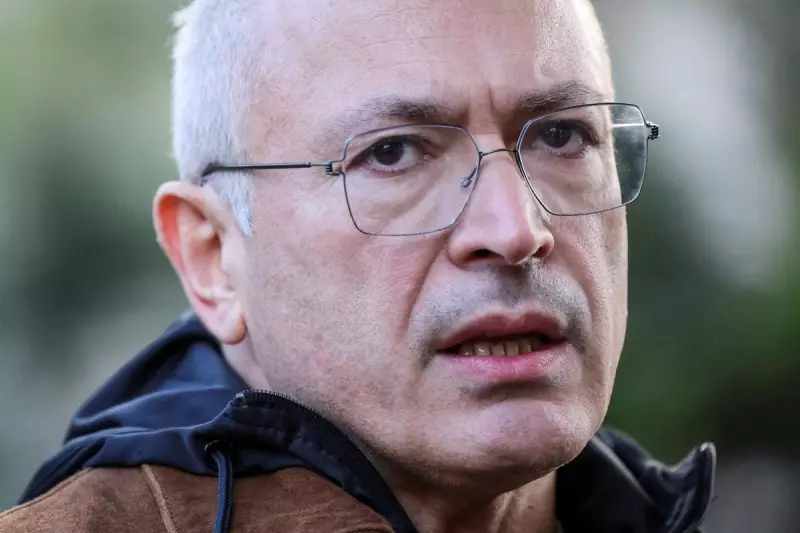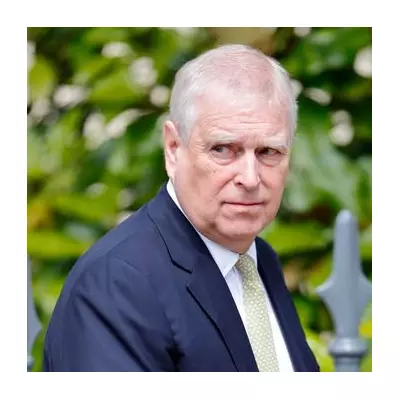
In a startling revelation that has sent shockwaves through European security circles, former Russian oil tycoon Mikhail Khodorkovsky has exposed what he claims to be a systematic campaign of political assassinations being orchestrated by Russia's Federal Security Service (FSB) across the continent.
Chilling Intelligence from Exiled Critic
The prominent Kremlin critic, who spent a decade in Russian prisons before his exile, disclosed to The Independent that he has received credible intelligence pointing to FSB operatives actively planning to eliminate political opponents beyond Russia's borders. "We have information that the FSB is not just contemplating but actively preparing killings," Khodorkovsky stated with grave concern.
European Security Under Threat
The alleged assassination plots represent a significant escalation in Moscow's campaign against dissenting voices and pose a direct challenge to European security apparatus. Khodorkovsky emphasised that these operations extend far beyond previous incidents, suggesting a coordinated strategy to silence critics wherever they might find refuge in European nations.
A Pattern of Aggression
This revelation comes against a backdrop of increasing concern about Russia's extraterritorial operations. European intelligence agencies have long suspected Moscow's involvement in various incidents targeting critics abroad, but Khodorkovsky's claims suggest a more systematic and widespread campaign than previously acknowledged.
Kremlin's Response and International Reaction
While Moscow has consistently denied involvement in such operations, Western security experts are taking these warnings seriously. The allegations have prompted urgent discussions among European security services about enhancing protection for high-risk individuals and strengthening counter-intelligence measures.
Khodorkovsky's decision to go public with this information underscores the severity of the threat he perceives. As one of Putin's most prominent critics, his warnings carry significant weight within diplomatic and intelligence communities, potentially reshaping how European nations approach Russian operations on their soil.





